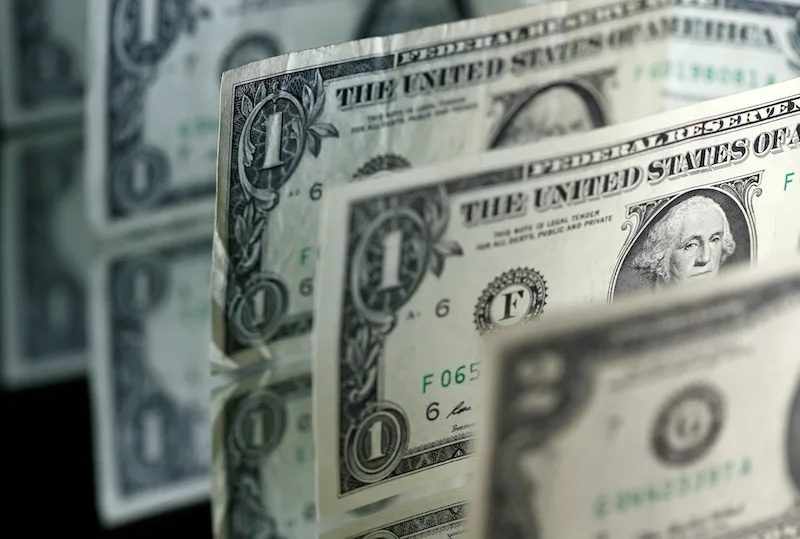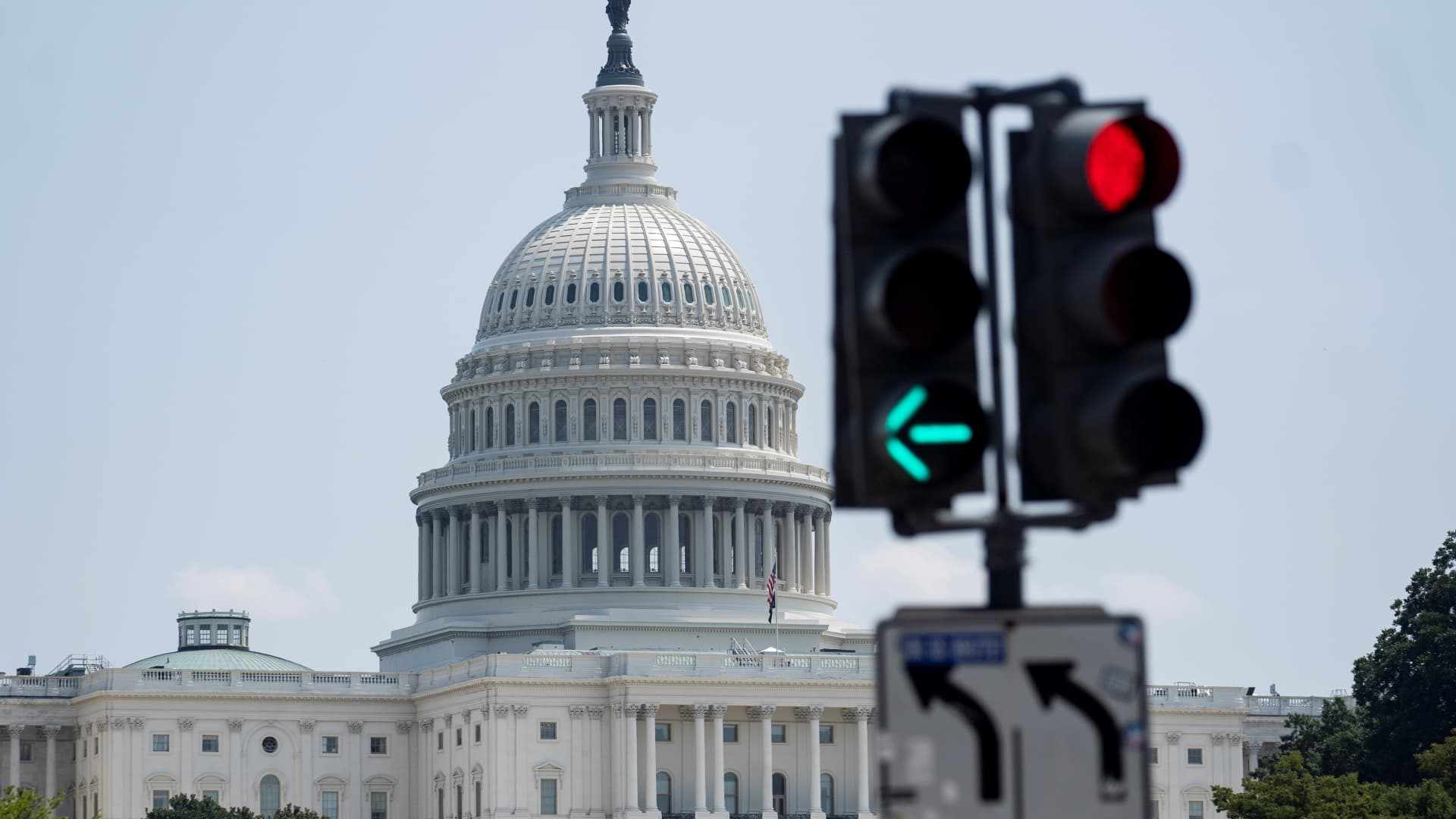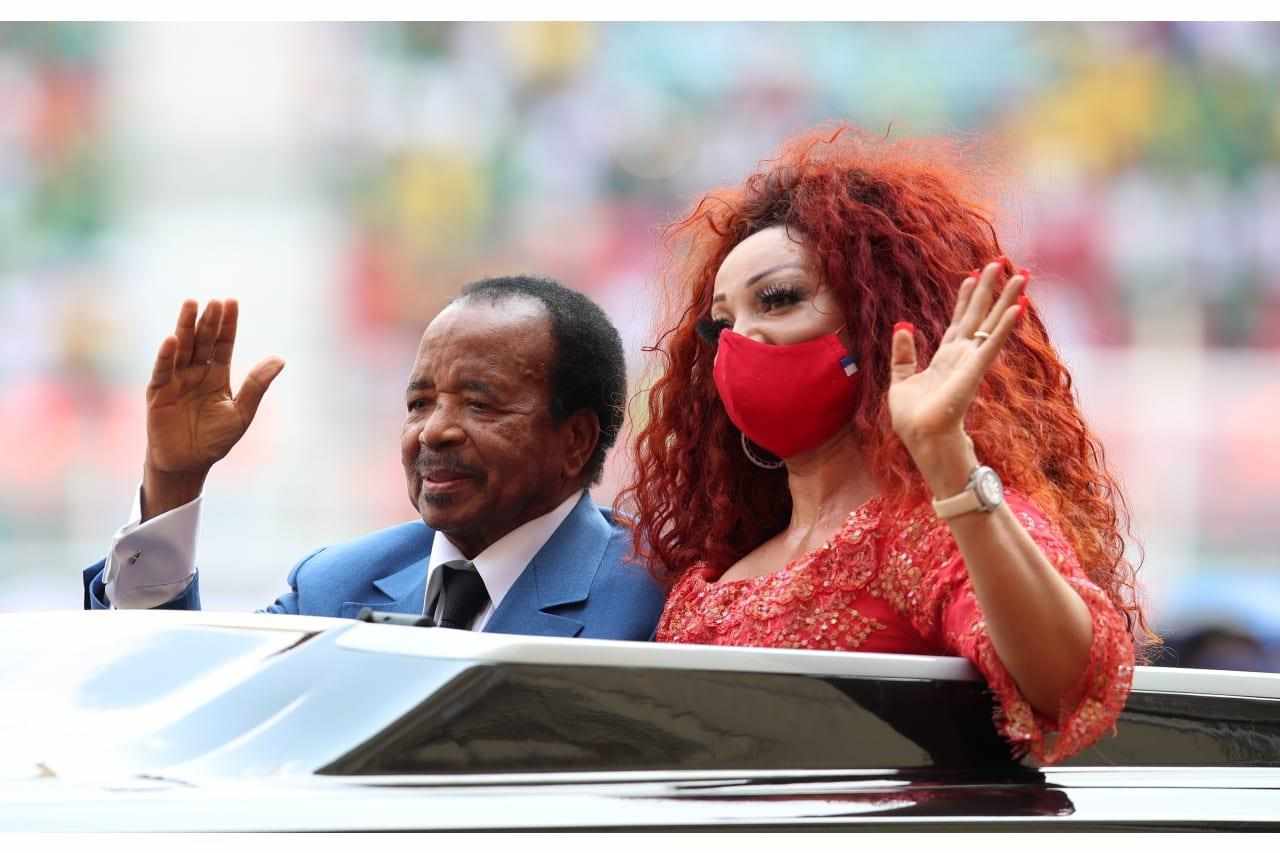Russia’s ‘political’ debt default sets emerging market precedent
- Date: 28-May-2022
- Source: Zawya
- Sector:Financial Markets
- Country:Gulf
Russia’s ‘political’ debt default sets emerging market precedent
But the U.S. Treasury's decision not to extend a licence allowing Russia to keep up debt payments despite wide-ranging sanctions, have set Moscow on the road to default.
The Russian finance ministry has wired some $100 million in interest payments on two bonds due on Friday to its domestic settlement house. But unless money shows up in foreign bondholders' accounts, it will constitute a default by some definitions.
And even if funds go through this time, payments of nearly $2 billion are due by the end of the year. One in late June is mandated to be settled outside Russia - a task experts predict will be impossible without the U.S. waiver.
Emerging market debt crises are nothing new -- Russia itself reneged on its rouble bonds in 1998. Geopolitics too have spilled into the debt sphere before, forcing defaults in Venezuela and Iran for instance.
Yet in Iran's case, small amounts of loan debt were hit by U.S. sanctions after its 1979 revolution, while Venezuela's economy was already on its knees before U.S. curbs in 2019 pushed $60 billion in sovereign and sub-sovereign debt across the brink.
Russia meanwhile continues to rake in oil and metals earnings. Even with half its $640 billion reserves'























